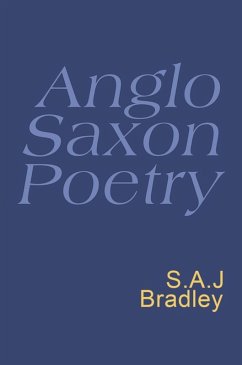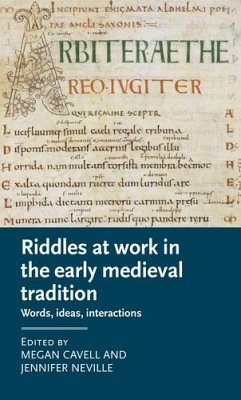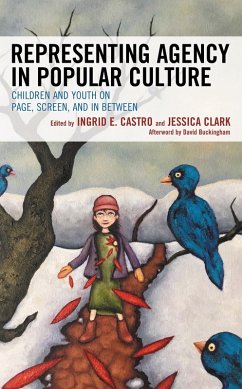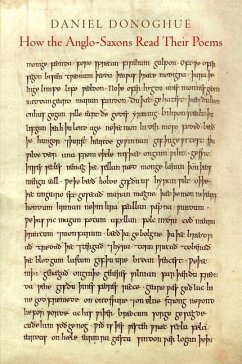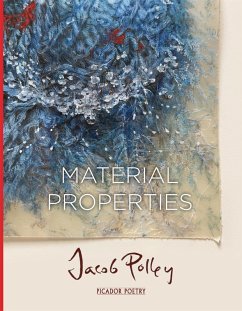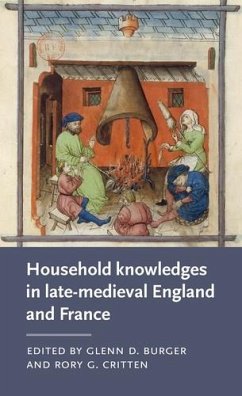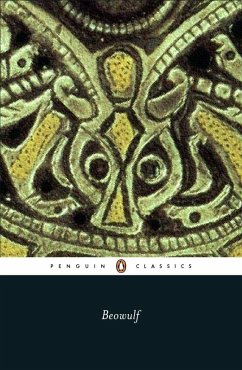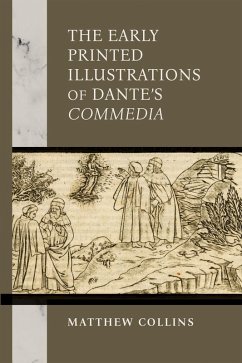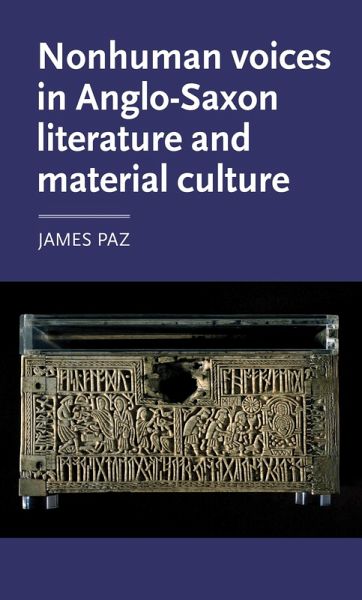
Nonhuman voices in Anglo-Saxon literature and material culture (eBook, ePUB)
Versandkostenfrei!
Sofort per Download lieferbar
0,00 €
inkl. MwSt.
Weitere Ausgaben:

PAYBACK Punkte
0 °P sammeln!
Nonhuman voices in Anglo-Saxon literature and material culture uncovers the voice and agency possessed by nonhuman things across Anglo-Saxon literature and material culture. It makes a new contribution to 'thing theory' and rethinks conventional divisions between animate human subjects and inanimate nonhuman objects in the early Middle Ages. Anglo-Saxon writers and craftsmen describe artefacts and animals through riddling forms or enigmatic language, balancing an attempt to speak and listen to things with an understanding that these nonhumans often elude, defy and withdraw from us. But the act...
Nonhuman voices in Anglo-Saxon literature and material culture uncovers the voice and agency possessed by nonhuman things across Anglo-Saxon literature and material culture. It makes a new contribution to 'thing theory' and rethinks conventional divisions between animate human subjects and inanimate nonhuman objects in the early Middle Ages. Anglo-Saxon writers and craftsmen describe artefacts and animals through riddling forms or enigmatic language, balancing an attempt to speak and listen to things with an understanding that these nonhumans often elude, defy and withdraw from us. But the active role that things have in the early medieval world is also linked to the Germanic origins of the word, where a þing is a kind of assembly, with the ability to draw together other elements, creating assemblages in which human and nonhuman forces combine.
Dieser Download kann aus rechtlichen Gründen nur mit Rechnungsadresse in A, D ausgeliefert werden.




